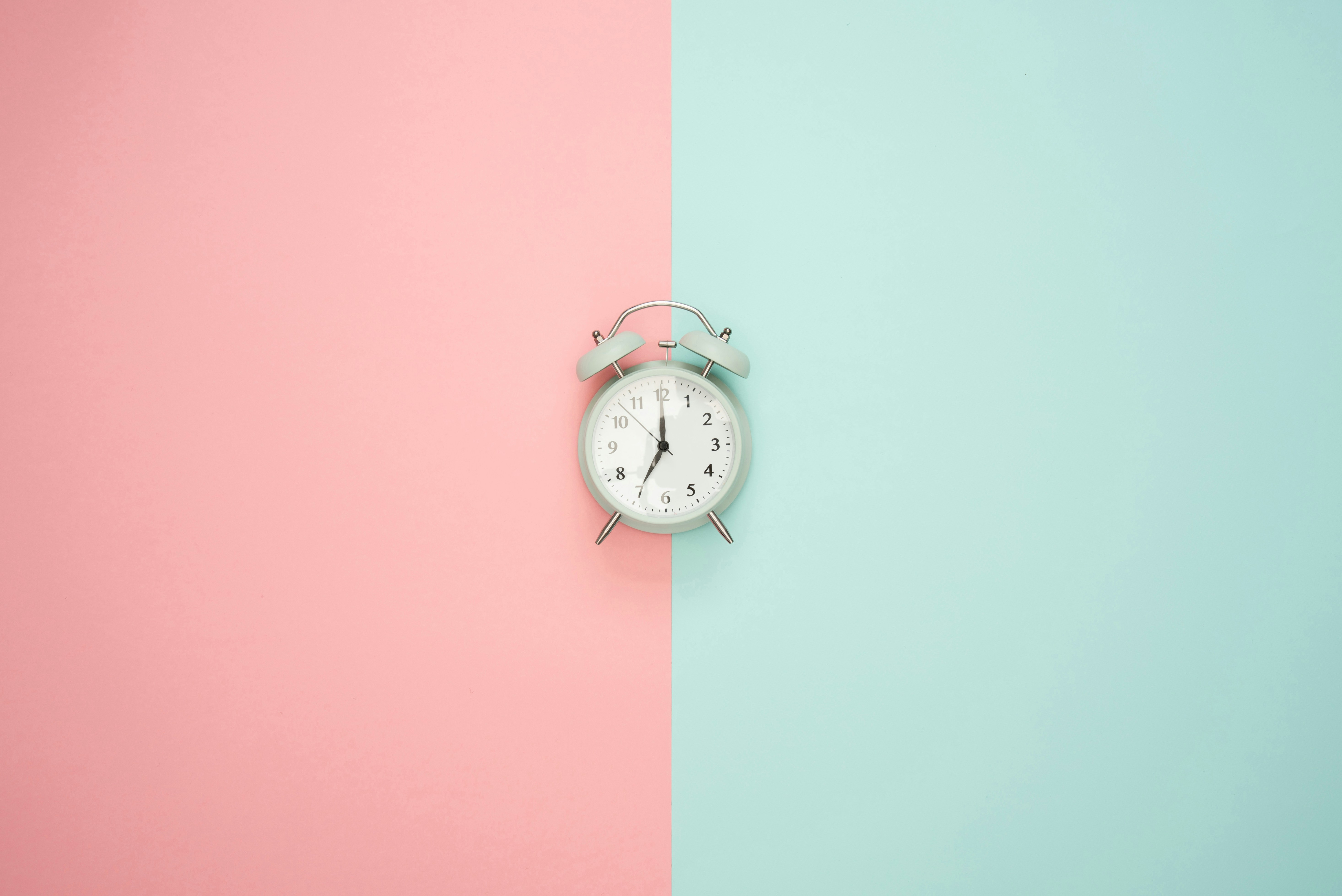This November, I’m challenging myself to write every day. You can read them all under the “Shorts” category, where each post should be around 500–1k words. Think of them as “less polished” than my usual longer blog posts. This is Day 20.
Instant gratification is when you want your online delivery to be delivered the next day. Instant gratification is also wanting your Instagram post to gain massive traction without much effort.
Simply put, gratification is the feeling of pleasure or satisfaction. The one I just described is instantaneous, which happens when we want something immediately (or as soon as possible) rather than later and receive immediate payoffs. Another type of gratification is when it's delayed — this is when you resist the urge to get the immediate benefit of something.
In the short term, instant gratification may not seem like a bad thing and it may seem like an obvious choice for getting something fast. However, it's easy to lose sight of what's important. If you continue to pursue instant gratification, your brain will slowly be hardwired to chase after meaningless goals and unhealthy habits. Sure, ordering out fast food is the quickest and cheapest way to fill your stomach, but if it becomes a habit, your healthy lifestyle will gradually deteriorate.
Modern technology is probably the major contributor to the rise of instant gratification. It's become incredibly convenient to have everything at our fingertips. With a few taps, you can order food in the comforts of your home, or buy your next gadget with a few clicks. It is definitely more convenient than before, but we are completely hooked. The more we expect to receive things quickly and demand from businesses, the more the businesses will want to fill this gap. It's a vicious cycle.

This is where we can learn to delay our gratification. It involves exercising our self-control and accepting dissatisfaction for the current moment, but once we're able to control our impulses, we'll be able to focus and benefit from the right long-term goals.
There was a famous Marshmallow test conducted by Stanford University with a group of children. The children were given the option of eating one marshmallow now or waiting for 15 minutes to eat two marshmallows. The children who chose to wait outperformed in school and lived healthier lives. The researchers also found that it's a learned behaviour, which means it's something that we can still train our brain to slowly unlearn and relearn how to delay gratification.
Don't expect to deprive yourself of all pleasures and satisfactions. It's not as easy as it sounds, and nearly impossible unless you're a monk. What helps for me is making rules, for example, I only buy an item of clothing (or anything) after a week of mulling over it. If I find that I don't need it anymore, then great. If I still have a strong desire, I'll most likely go ahead with the purchase. It's also a good idea to ask yourself — for what purpose do I need a new article of clothing? If it doesn't serve a larger purpose, then you should reconsider your purchase.
It's okay to treat yourself once in a while but keep in mind that they're mostly distractions. If you want to work on your long-term goals, remind yourself that you're in it for the long haul. But what awaits you at the end will be well worth it.



